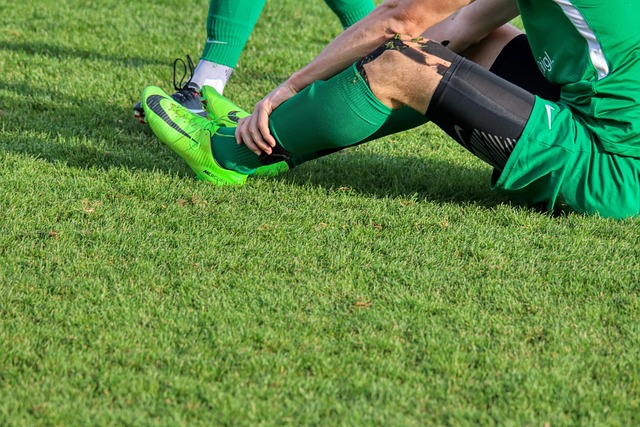Documenting injuries, seeking medical reports, and consulting legal experts are vital for a successful injury settlement negotiation. Robust evidence includes medical records, witness statements, and visual proof. Understanding insurance coverage limits and potential disputes is key in complex cases. Experienced attorneys guide through legal rights, calculate maximum compensation, and secure fair settlements without court action.
“Uncover the secrets of building a compelling injury settlement negotiation case. This comprehensive guide explores the key factors that transform a legal battle into a fair resolution. By understanding your injuries, gathering robust evidence, and knowing your rights, you empower yourself to navigate these negotiations with confidence. Discover how to assess your maximum compensation potential and secure the justice you deserve for your pain and suffering. Let’s delve into the essential elements that make a strong injury settlement negotiation case.”
- Understand Your Injuries and Their Impact
- Gather Strong Evidence to Support Your Case
- Know Your Rights and Maximum Compensation Potential
Understand Your Injuries and Their Impact

Understanding your injuries and their impact is a crucial first step in building a strong case for injury settlement negotiations. This involves not only comprehending the physical aspects but also the emotional and financial toll they have taken on your life. Documenting and quantifying pain, suffering, medical expenses, lost wages, and other relevant damages will significantly strengthen your position during negotiations with insurance companies or defendants.
Knowing the extent of your injuries, their long-term effects, and how they have altered your daily routine or career prospects is essential. This knowledge can be provided by medical professionals through detailed reports and diagnoses. Additionally, seeking guidance from an experienced auto accident attorney or nursing home abuse specialist can offer valuable insights into what constitutes a fair settlement in similar cases, empowering you to make informed decisions throughout the injury settlement negotiation process.
Gather Strong Evidence to Support Your Case

Injury settlement negotiations heavily rely on strong evidence to support your claim and secure a favorable outcome. Gathering comprehensive documentation is paramount, including medical records detailing the extent and treatment of injuries from the incident, witness statements providing firsthand accounts, and any relevant photographs or video footage capturing the scene or subsequent damages.
For personal injury cases, especially in scenarios like truck accidents where injuries may be severe, it’s crucial to have a thorough understanding of insurance coverage limits and potential disputes. This involves reviewing policy agreements, investigating the at-fault party’s insurance, and consulting with legal experts to assess the strength of your case. Presenting well-documented evidence during negotiations demonstrates the validity of your claim and can facilitate a more amicable resolution or even accelerate the settlement process.
Know Your Rights and Maximum Compensation Potential

Understanding your rights is a cornerstone when building a strong injury settlement negotiation case. It’s essential to recognize the potential compensation you may be entitled to based on the severity of your injuries, damages incurred, and relevant laws in your jurisdiction. An experienced accident attorney can guide you through this process, ensuring you’re aware of all available options. They will help calculate the maximum compensation potential, which includes medical bills, lost wages, pain and suffering, and more.
In cases like a truck accident claim or Orlando auto accident attorney deals with, knowing your rights and the value of your claim can significantly impact the outcome of negotiations. This knowledge empowers you to make informed decisions and potentially secure a fair settlement without having to go to court.
A successful injury settlement negotiation requires a comprehensive understanding of your injuries, backed by solid evidence, and knowledge of your legal rights. By thoroughly documenting your medical history, gathering relevant testimony, and familiarizing yourself with the potential compensation range, you can confidently navigate these negotiations. Armed with this knowledge, you’ll be well-prepared to secure a fair settlement that reflects the true impact of your injuries. Remember, effective communication and a strategic approach are key to achieving favorable outcomes in injury settlement negotiations.






